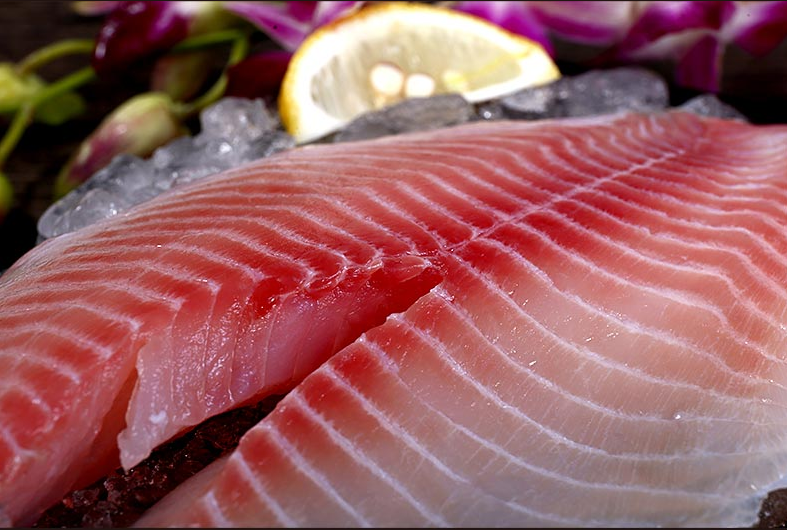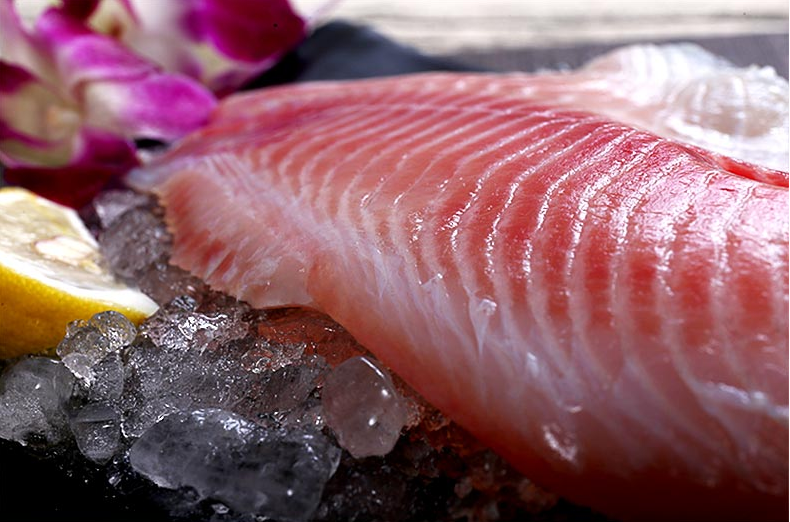|
Nutritional Value of Tilapia filletsNutritional Value of Tilapia fillets
Tilapia is praised as the fish of the 21st century and chicken in wate, mainly due to its excellent nutritional value:
High-Quality Protein Source from tilapia fillets:
Abundant content: Each 100 grams of edible portion contains approximately 20-26 grams of protein.
High-quality protein: It contains all the essential amino acids required by the human body, with a high digestibility and absorption rate (about 90%), making it an ideal source for building and repairing body tissues.
Low Fat: The total fat content is relatively low, usually between 2-5 grams per 100 grams (depending on the breeding method).
It is a preferred choice for people pursuing a low-fat, high-protein diet (such as fitness enthusiasts and those losing weight).
Healthy Fat Composition of tilapia fillets:
Tilapia fillets are Rich in Vitamins:
B vitamins: Especially vitamin B12 (crucial for the nervous system and red blood cell formation), vitamin B3 (niacin), vitamin B6 and vitamin B5 (pantothenic acid). Vitamin D: Helps with calcium absorption and bone health (content varies depending on the breeding environment and feed). Vitamin E: An important antioxidant. Vitamin K: Important for blood clotting and bone health. Treasure Trove of Minerals: Selenium: It is very rich in content, is a powerful antioxidant, and is crucial for thyroid function and the immune system. Phosphorus: Together with calcium, it builds strong bones and teeth and participates in energy metabolism. Potassium: Helps regulate blood pressure and fluid balance. Magnesium: Participates in hundreds of enzyme reactions and is important for muscle and nerve function, blood sugar control and blood pressure regulation.
Tilapia fillets also contains minerals such as calcium, iron and zinc, but their contents are relatively lower than the previous ones.
Other Advantages of tilapia fillets value:
Low calorie: It is a good choice for controlling calorie intake. Low mercury risk: As a fish at the low end of the food chain, tilapia usually accumulates much less heavy metals (such as mercury) than large predatory fish (such as tuna and sharks), and is more suitable for pregnant women, lactating women and children. Few bones (especially fillets): It is convenient to eat and easily accepted by the general public.
Summary of nutritional highlights of tilapia fillets: high protein, low fat, low calorie, rich in selenium and B vitamins (especially B12), provides Omega-3 fatty acids, and low mercury risk.
|



